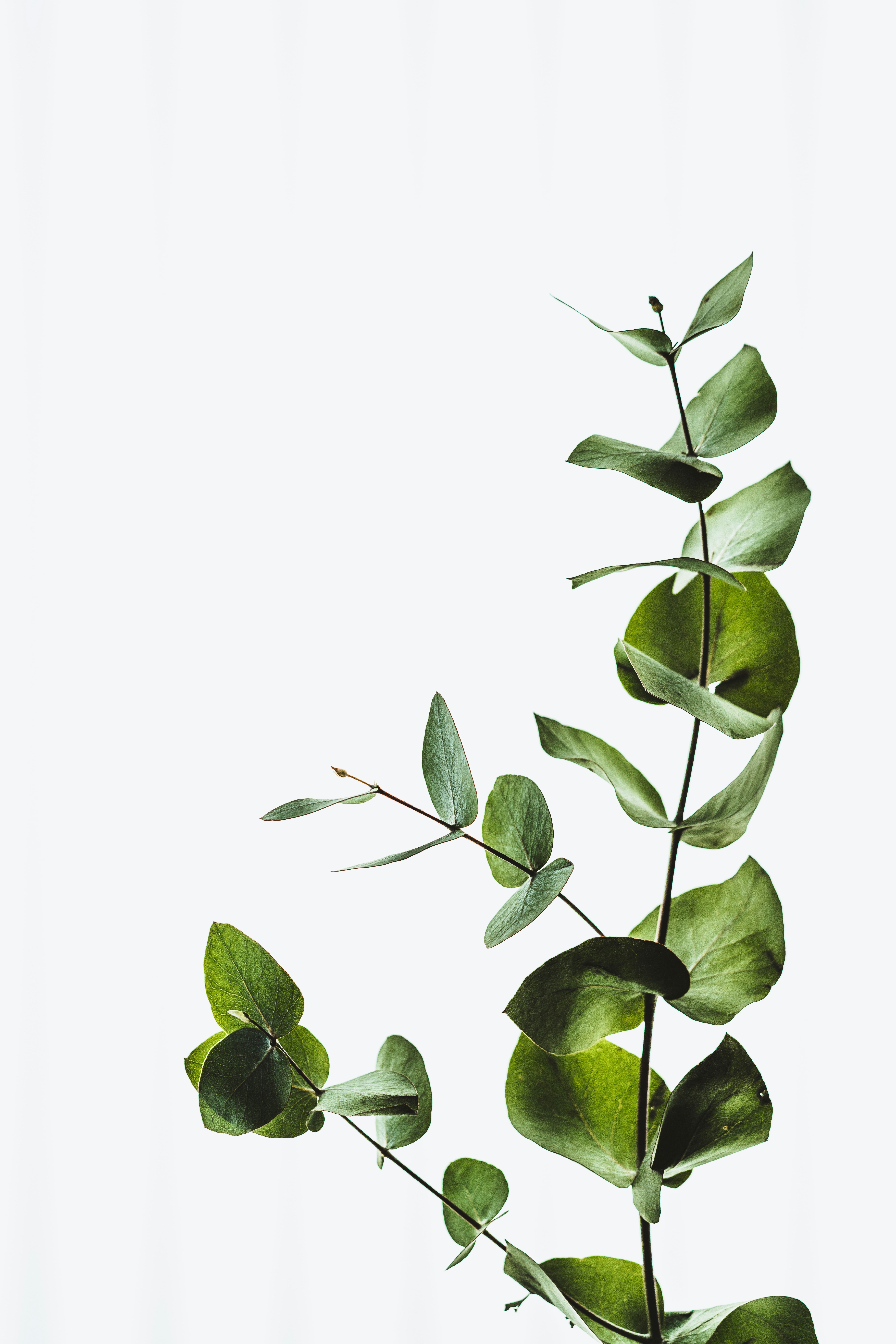4. Natural decor: Tropical houseplants add a touch of nature to any room, creating a sense of tranquility and freshness. Whether placed on a windowsill, shelf, or hanging basket, these plants can enhance the aesthetics of a space and bring a pop of color to your home.
When choosing tropical houseplants for your indoor spaces, it is important to consider factors such as light levels, humidity, and temperature. Many tropical plants require bright, indirect light to thrive, so be sure to place them near a sunny window or invest in grow lights if natural light is limited. It is also important to provide adequate drainage and avoid overwatering, as tropical plants are susceptible to root rot if their roots are constantly sitting in water.
2. Watering: Tropical houseplants require regular watering to stay healthy, but overwatering can lead to root rot and other issues. Check the soil moisture level before watering and allow the top inch of soil to dry out between waterings.
Plants are another important element of garden design. When selecting plants for your garden, it is important to consider factors such as climate, soil conditions, and maintenance requirements. It is also important to think about the overall style and theme of your garden, as different plants can create different moods and atmospheres.
Tools and Software for 3D Garden Design:
There are numerous tools and software programs available for 3D garden design, each offering different features and capabilities. Some popular options include SketchUp, AutoCAD, and Vectorworks, all of which are widely used by professionals in the field.
In addition to their aesthetic appeal, tropical houseplants offer a range of benefits for both physical and mental wellbeing. Studies have shown that indoor plants can help to purify the air, removing toxins and pollutants and improving air quality. Tropical houseplants, with their large leaves and rapid growth, are particularly effective at filtering out harmful substances such as formaldehyde, benzene, and xylene.
Proper care and maintenance are essential for the health and longevity of tropical houseplants. Regular watering, fertilising, pruning, and repotting are all important tasks to ensure that your plants thrive and flourish. It is also essential to monitor for pests and diseases, as tropical houseplants are susceptible to attacks from insects like mealybugs, spider mites, and aphids. By regularly inspecting your plants for signs of trouble and taking prompt action to address any issues, you can help keep your tropical houseplants healthy and happy.
Formal garden designs are characterized by geometric shapes, symmetry, and structured plantings, while informal designs are more relaxed and natural, with curving pathways and mixed plantings. Contemporary garden designs often feature clean lines, minimalistic plantings, and modern materials, while traditional designs are inspired by historical gardens and feature classic elements such as topiaries, formal hedges, and statuary.
In addition to light, tropical houseplants uk require regular watering and humidity to thrive. Most tropical plants prefer to be kept consistently moist, but not waterlogged, so be sure to water them when the top inch of soil feels dry to the touch. To increase humidity levels, particularly in drier climates, consider misting your plants regularly or placing them on a tray of pebbles filled with water.
The trend of bringing the outdoors inside through the use of houseplants has been steadily growing in popularity in recent years. In particular, tropical houseplants have emerged as a popular choice for plant enthusiasts looking to add a touch of vibrancy and exotic beauty to their indoor spaces. These lush and vibrant plants not only add aesthetic appeal to a room but also offer a range of benefits for both physical and mental well-being.
4. Fertilization: Tropical houseplants benefit from regular fertilization during the growing season to promote healthy growth and vibrant foliage. Use a balanced, water-soluble fertilizer once a month or as directed on the packaging.
When selecting tropical houseplants for your home, it is essential to consider factors such as light levels, humidity, and temperature. Most tropical plants thrive in bright, indirect sunlight and require regular watering to keep their soil moist but not waterlogged. Humidity-loving plants like ferns and orchids may benefit from misting or a humidifier to create the ideal growing conditions. It is also important to avoid exposing tropical houseplants to drafts, cold temperatures, or sudden changes in environment, as this can stress the plants and lead to health problems.
One of the key benefits of tropical houseplants uk is their ability to purify the air. Many tropical plants, such as the Boston fern and the Spider plant, are particularly good at filtering out harmful toxins from the air, such as formaldehyde and benzene. This can help to improve indoor air quality and create a healthier living environment for you and your family.
